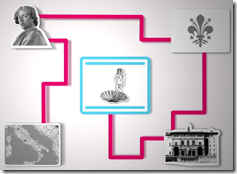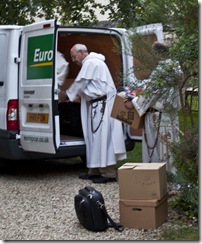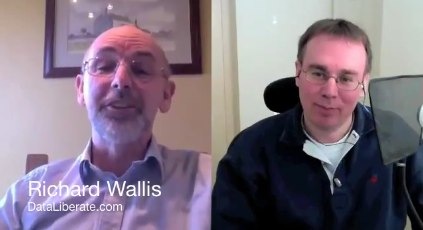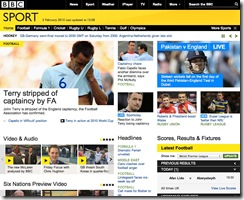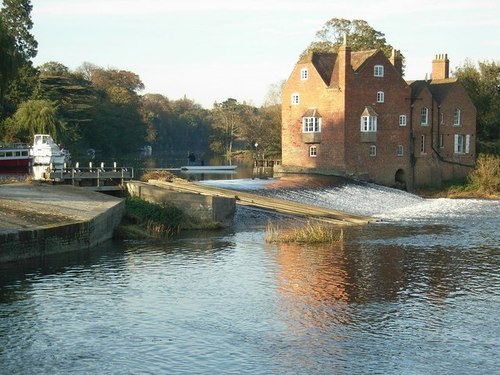
Is Linked Data DIY a Good Idea?
Most Semantic Web and Linked Data enthusiasts will tell you that Linked Data is not rocket science, and it is not. They will tell you that RDF is one of the simplest data forms for describing things, and they are right. They will tell you that adopting Linked Data makes merging disparate datasets much easier to do, and it does. They will say that publishing persistent globally addressable URIs (identifiers) for your things and concepts will make it easier for others to reference and share them, it will. They will tell you that it will enable you to add value …

